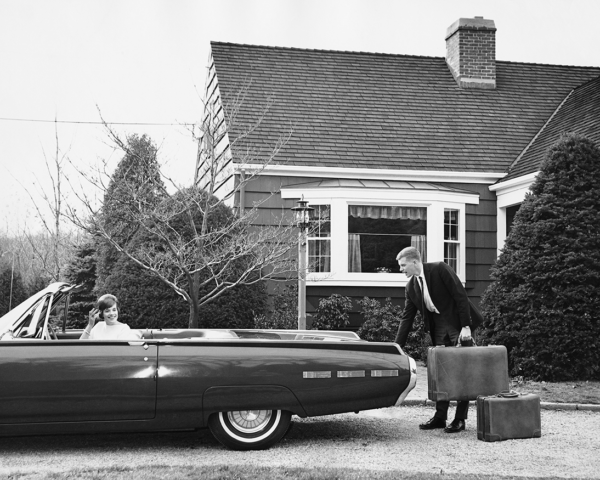
Readers See Pros, Cons to Paid-off Mortgage
Baby boomers love to discuss this age-old question: Should I pay off the mortgage before retiring?
Our blog readers fell into two camps in their comments on a recent article.
Some made an emotional argument – that a mortgage-free retirement makes them feel secure. The other camp argued that paying off the mortgage does not make financial sense.
The article, “Boomers Repairing their Mortgage Finances,” described research showing that boomers have sharply cut what they owe on their mortgages by paying extra in the years since the housing market bust. People naturally pay more of this debt as they age. But the boomers’ rapid payoffs partly explain why 40 percent to 50 percent of Americans in their 60s no longer have a mortgage, wiping out what is often a retiree’s largest single expense.
Despite the recent payoffs, boomers still trail their parents. Roughly 80 percent of the homeowners born in the 1930s had paid off their home loans by the same age, according to Jason Fichtner’s analysis for the Center for Financial Security at the University of Wisconsin.
As for whether to pay off the mortgage, many boomers don’t have that luxury. After the wave of foreclosures a decade ago, Fichtner found, the homeownership rate for 60-something boomers quickly slid more than 10 percentage points, to around 65 percent. The U.S. homeownership rate has increased in recent years but is still below the pre-recession peak.
The financial argument against paying off the mortgage was made in a blog comment by Tony Webb, a research economist at The New School. “At current interest rates and anticipated inflation rates, mortgage borrowing is almost free,” he wrote.
“All but the most risk-averse should load up on money while it’s on sale,” he said. [Full disclosure: Webb used to work at the Center for Retirement Research, which sponsors this blog.]
Another reader, Beth, said paying off the mortgage “is one cornerstone of a worry-free retirement.” However, she knows “several financially savvy people who for various valid reasons have not paid off their homes.”
Retirees Paul Brustowicz and his wife like the secure feeling of living without a mortgage payment. In 2012, the couple sold their house in New Jersey and bought a house in South Carolina for $100,000 less. Not having a mortgage “made my spouse VERY comfortable and me too,” he said.
Perhaps Melinda Hipp’s point of view is the only way to settle the age-old mortgage question: “It truly depends on the consumer.”
To read this study, authored by Jason Fichtner, see “Home Ownership and Housing Debt in Retirement: Financial Asset for Consumption Smoothing or Albatross Around the Necks of Retirees?”
The research reported herein was derived in whole or in part from research activities performed pursuant to a grant from the U.S. Social Security Administration (SSA) funded as part of the Retirement and Disability Research Consortium. The opinions and conclusions expressed are solely those of the author and do not represent the opinions or policy of SSA, any agency of the federal government, or Boston College. Neither the United States Government nor any agency thereof, nor any of their employees, make any warranty, express or implied, or assumes any legal liability or responsibility for the accuracy, completeness, or usefulness of the contents of this report. Reference herein to any specific commercial product, process or service by trade name, trademark, manufacturer, or otherwise does not necessarily constitute or imply endorsement, recommendation or favoring by the United States Government or any agency thereof.
Comments are closed.







I understand the mathematics and the economics of “almost free money” when mortgaging at 2 %. The problem is that the mortgage company wants their money back either in monthly payments now or in the future if it is a reverse mortgage. In my case, the heart won out over the brain. Full disclosure, I do have a HELOC just in case I don’t want to dip into retirement funds.
There really is no right/wrong answer without looking backwards well after the fact. I have friends who leveraged (because that’s what the alternative to paying off your mortgage is) their mortgage money and invested it in both the market and flipping homes. Unfortunately their timing was 2006-2010 and they took a very bad beating. I paid my mortgage off early mainly out of spite (miserable experience with the loan and buying my mortgage from my lender) and enjoyed being fully debt-free way more than I thought I would. Being able to retire comfortably hasn’t been a concern for several years so I was happily surprised as how good paying off this debt felt. I don’t need the leverage so maybe that’s part of it but regardless, I’m quite happy with my ‘bad money decision.’